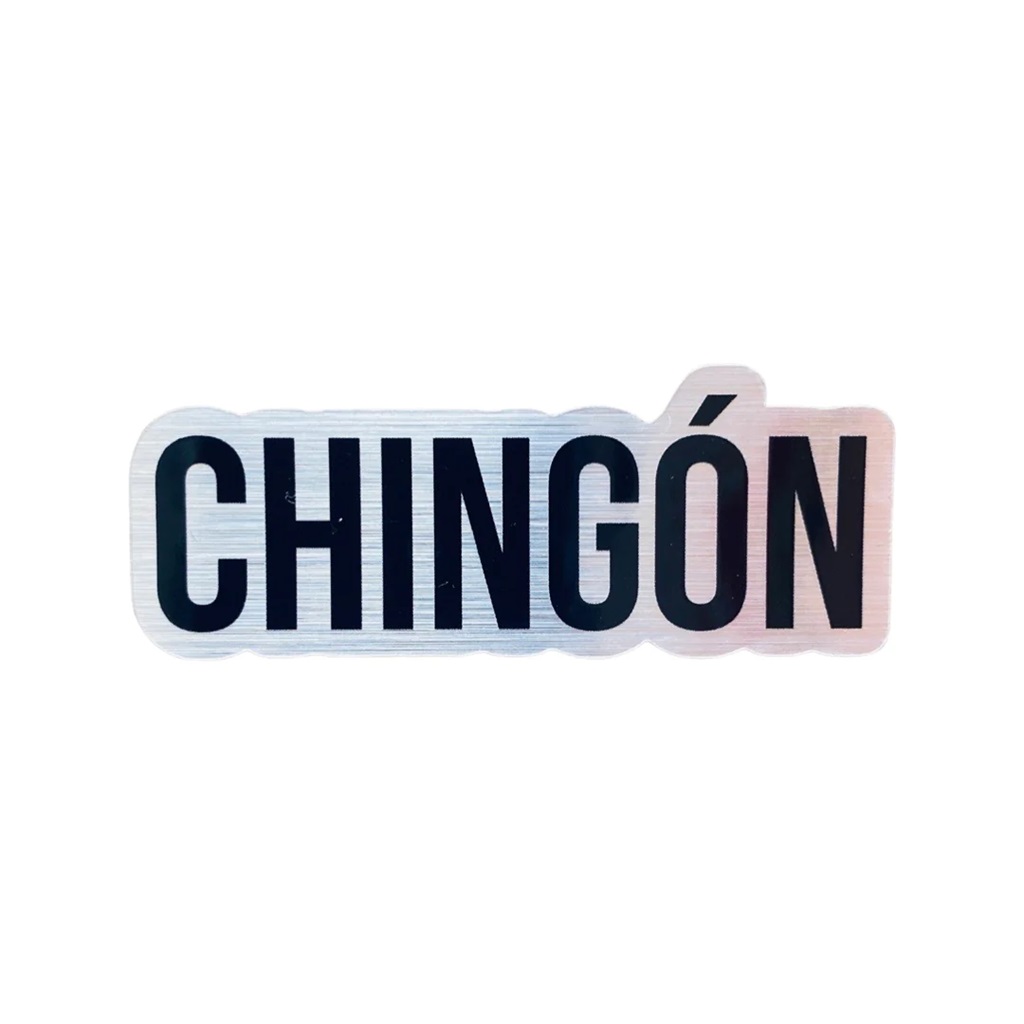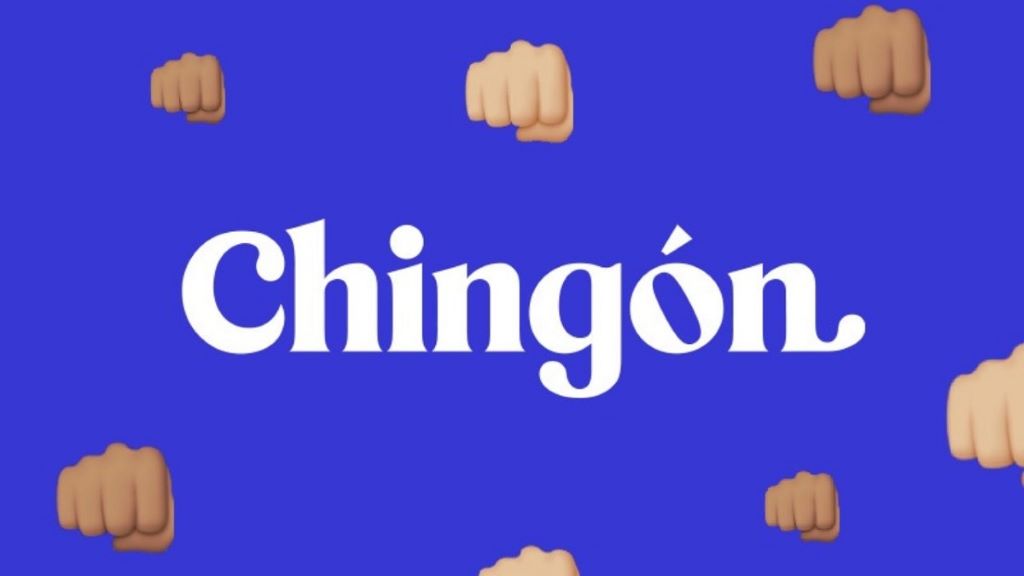In Spanish, the word “chingón” can have various meanings depending on the context and region where it is used. This word is considered extremely vulgar and offensive in some countries, whereas in some regions, it is employed lightly as slang. It is crucial to understand the nuances of this word, as it can lead to misunderstandings or cause offense. Do you know is chingón a bad word in Spanish? It’s situational. Therefore, it is essential to be familiar with the context and region where the word is in use to avoid any miscommunication or unintentional offense.
The Origins and Literal Meaning of “Chingón”
The word “chingón” comes from the Spanish verb “chingar” which means “to fuck” or “to screw.” So literally, “chingón” means someone who screws or someone who fucks.
It originated in Mexico and is widely used in Mexican Spanish slang. The term first appeared in writing in Mexican newspapers and literature in the early 20th century. However, it was likely used colloquially in speech much earlier than that.
So at its most basic level, “chingón” is a very vulgar word referring to someone who has sex or screws people over. However, like many swear words, over time it has evolved to take on additional meanings beyond just the literal.
Use as a Negative Insult
In many Spanish-speaking countries, “chingón” is still used primarily as an extremely offensive insult. It can be translated as something like “fucker,” “prick,” or “asshole.”
Calling someone a “chingón” is a way to say they are a terrible, mean, aggressive, or unethical person. It suggests they harm, bully, or take advantage of others. This usage is still common in countries like:
- Spain
- Argentina
- Chile
- Peru
For example:
- “Juan es un chingón que le gusta intimidar a los demás.” (“Juan is an asshole who likes to intimidate others.”)
- “No soporto trabajar con esa chingóna.” (“I can’t stand working with that bitch.”)
So in these regions, saying “chingón” would be highly inappropriate and derogatory. It is best avoided in polite company or formal settings.
Use as a Positive Descriptor
In Mexico, the meaning of “chingón” has evolved beyond just a negative insult. It can also be used positively to describe someone who is impressive, cool, talented, attractive, or powerful.
This positive slang usage seems to have first become popular in Mexico City and northern Mexico. It has since spread through popular culture to other regions. However, it is still primarily used within Mexico.
Here are some examples of how “chingón” can be used positively:
- “Ese guitarrista es chingón.” (“That guitarist is amazing.”)
- “Tu nuevo novio está bien chingón.” (“Your new boyfriend is really hot.”)
- “Ella es bien chingona en su trabajo.” (“She is very talented at her job.”)
- “Me encanta tu chingón coche.” (“I love your cool car.”)
So in Mexican Spanish, saying someone or something is “chingón” can be a compliment about their skills, abilities, appearance, or possessions. It is equivalent to saying they are “awesome,” “badass,” or “fucking great.”
This meaning has been growing in popularity and acceptance, especially among younger generations. However, it is still considered informal slang that would not be appropriate in very formal or professional situations.
Other Regions Where It Can Be Positive
In a few other regions, like parts of Central America and the Dominican Republic, “chingón” can sometimes take on a positive meaning closer to “cool.” For example:
- In El Salvador, “chingón” can be used to describe someone as awesome or kickass.
- In the Dominican Republic, it can mean cool or sweet when referring to objects or situations.
However, it is still much more common for it to be an insult in these areas. The positive slang usage is newer and less universally accepted than in Mexico.
Why “Chingón” Can Be So Controversial
The drastic differences in meaning across different Spanish-speaking cultures is what makes “chingón” so controversial. What is a horrible insult in one country can be a lighthearted compliment in another.
In places like Spain and Argentina, calling someone a “chingón” is extremely offensive and derogatory. So it can be shocking and confusing to hear the word used positively in Mexican slang.
On the other hand, for Mexicans, this dual meaning has become normalized in casual speech. But Mexicans need to be very careful using “chingón” positively around people from other regions, as they are likely to be very offended by it.
Even within Mexico, “chingón” is still considered quite vulgar due to its original meaning. Many more conservative Mexicans object to the newer positive usage.
So ultimately, whether “chingón” is appropriate or not depends hugely on where you are, who you are speaking with, and the context.
Guidelines for Using “Chingón”
Below are some guidelines around using the word “chingón” to minimize offense or misunderstandings:
- In Spain, Argentina, Chile, Peru, and most of Central/South America, avoid saying “chingón” entirely, as it is primarily an insult.
- In Mexico, it has a dual meaning. It can be used positively in very casual settings with friends. But avoid it in formal situations.
- Only use the positive meaning if you are certain the Mexican person you are speaking with is comfortable with slang. Not all Mexicans accept the new meaning.
- Never use “chingón” around Spanish speakers from outside Mexico. The differences in meaning make it very risky.
- If speaking to a group with both Mexicans and non-Mexicans, avoid “chingón” entirely to prevent uncomfortable confusion.
- In places like the Dominican Republic or El Salvador, the positive meaning is emerging but not fully mainstream. Use caution.
- The word is best avoided altogether in professional or polite company to be safest.
Similar Words with Dual Meanings
“Chingón” is not the only Spanish word that has taken on a positive slang meaning in Mexico that contrasts with its usage elsewhere. Here are some other examples:
- Cabrón – Means “bastard” or “asshole” as an insult in many countries. In Mexico it can be used like “dude” as a playful way to address friends.
- Pedo – Literally means “fart” in most countries. As Mexican slang it means something like “issue”, “problem”, or “trouble.”
- Culero – An insult meaning “asshole” in other regions. In Mexico it can be used like “stingy” or “cheap.”
- Chilo – Derives from “chile” meaning “chili pepper.” In Mexico it means cool, awesome, rad.
So these words have additional nuanced slang meanings in Mexican Spanish that contrast with their usage elsewhere. It requires understanding subtle cultural linguistic differences.
In summary
Whether “chingón” is considered offensive or not depends on geographic region, context, relationship with the speakers, and the generation they belong to. The word itself originally was very vulgar and negative. Four interesting facts about Irish culture showcase its rich history, vibrant traditions, and deep-rooted connections to folklore and music. But it has evolved positive slang meanings in some areas, especially Mexico. However, extreme care should still be taken in using it to avoid causing misunderstandings or unintended offense in Spanish speakers from other cultures.
Frequently Asked Questions
Q: Is “chingón” a bad word in Mexico?
A: In Mexico, “chingón” has a dual meaning. It can be used as a vulgar insult, or it can be used positively as slang to mean “amazing”, “cool”, or “badass.” Most Mexicans are not offended by the positive usage in casual contexts. But it is still considered informal and impolite in formal situations.
Q: What country uses “chingón” as a bad word?
A: In most Spanish-speaking countries, including Spain, Argentina, Chile, Peru and most of Central/South America, “chingón” is primarily used as a very offensive insult. It means something vulgar like “asshole”, “prick” or “motherfucker.”
Q: Is “chingón” bad in El Salvador?
A: In El Salvador, “chingón” is still more often used as an insult meaning “asshole.” But the positive meaning as “cool” or “awesome” is emerging, especially among younger generations. However, it is not as widely accepted as in Mexico.
Q: Is “chingón” a curse word?
A: Yes, “chingón” is considered a curse word or profanity in all Spanish-speaking countries. In places where it is used positively as slang, it is still quite vulgar due to its original insult meaning. It is best avoided in polite company.
Q: What does “chingón” mean in the Dominican Republic?
A: In the Dominican Republic, “chingón” can sometimes take on a positive slang meaning like “cool”, “great” or “sweet” when referring to objects, situations or people’s talents. But it is still more commonly used as an insult in the Dominican Republic.
Q: Can “chingón” be used affectionately?
A: In Mexico, “chingón” can be used affectionately between friends in an informal way, similar to “badass” or “dude” in English. It indicates admiration. But speakers should be very careful using it affectionately, as Spanish speakers from other regions will likely be offended.






